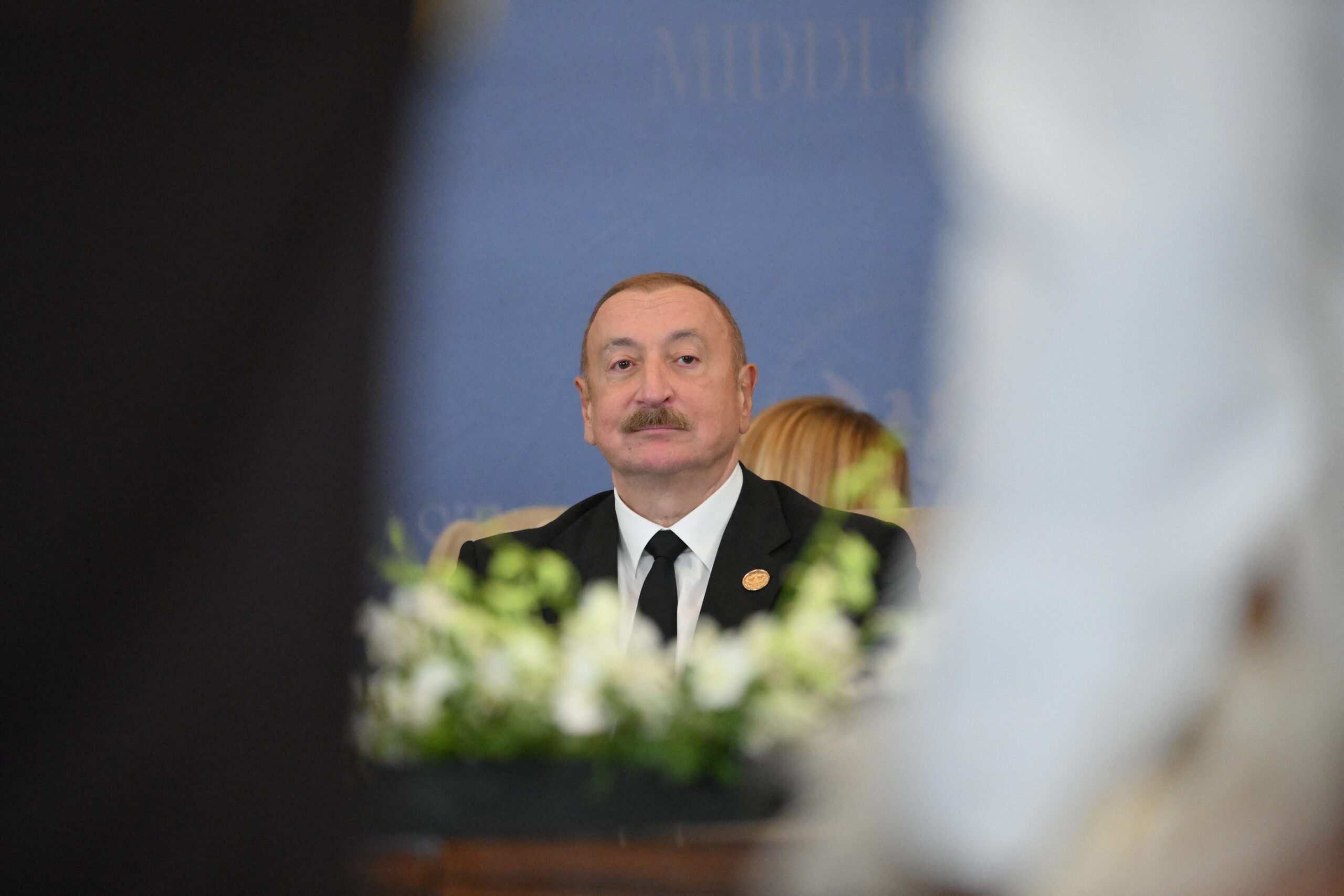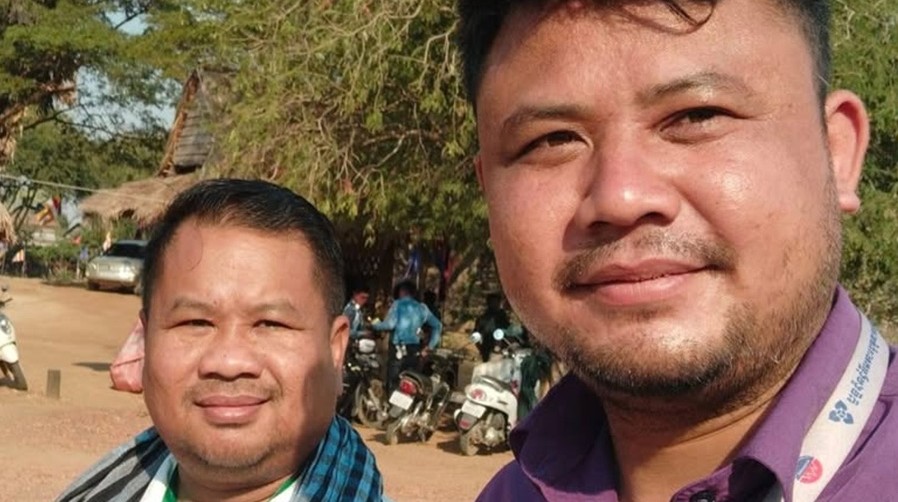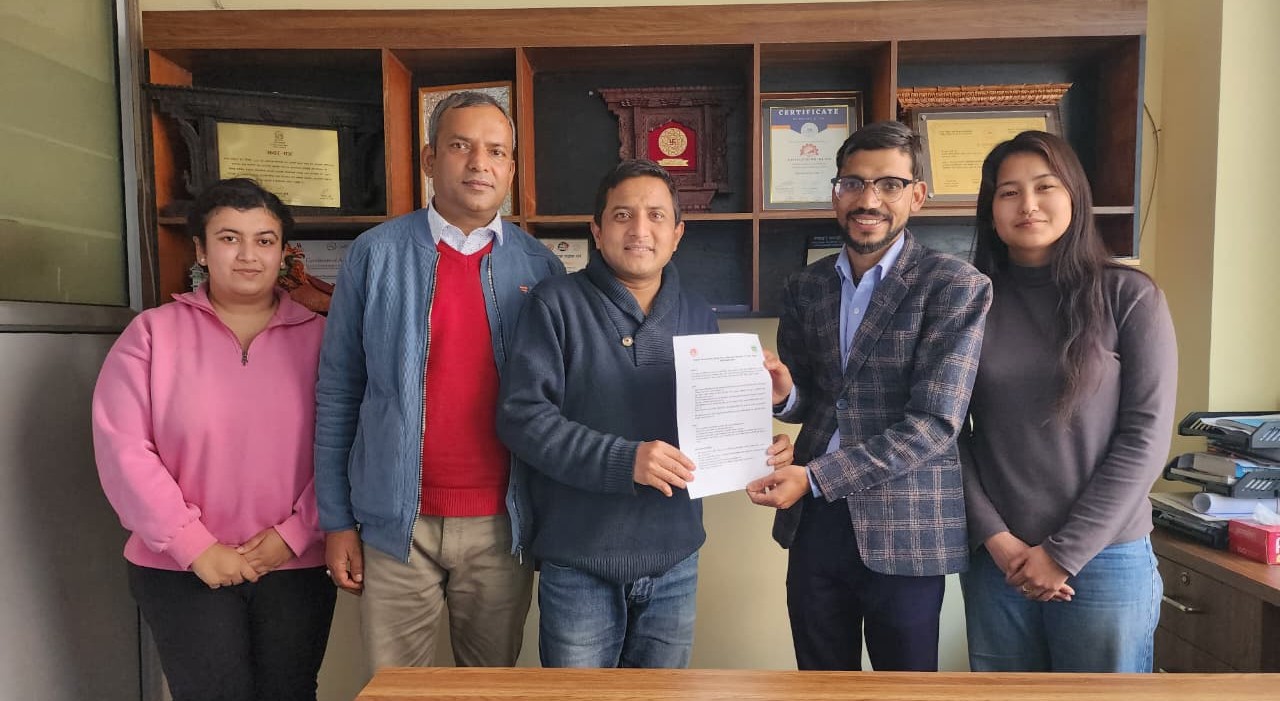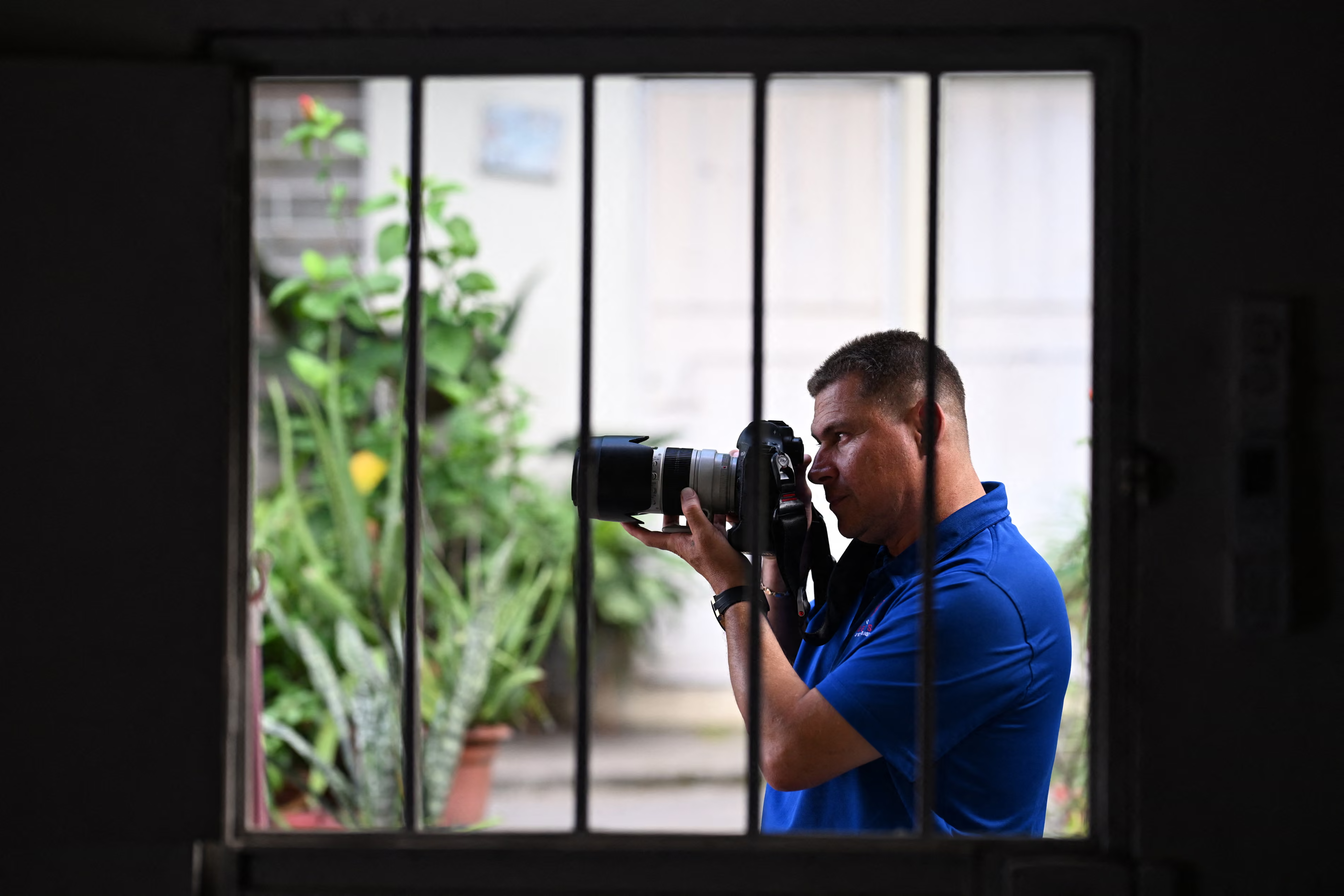
Deporting the Truth: The Expulsion of Journalist Mario Guevara
October 29, 2025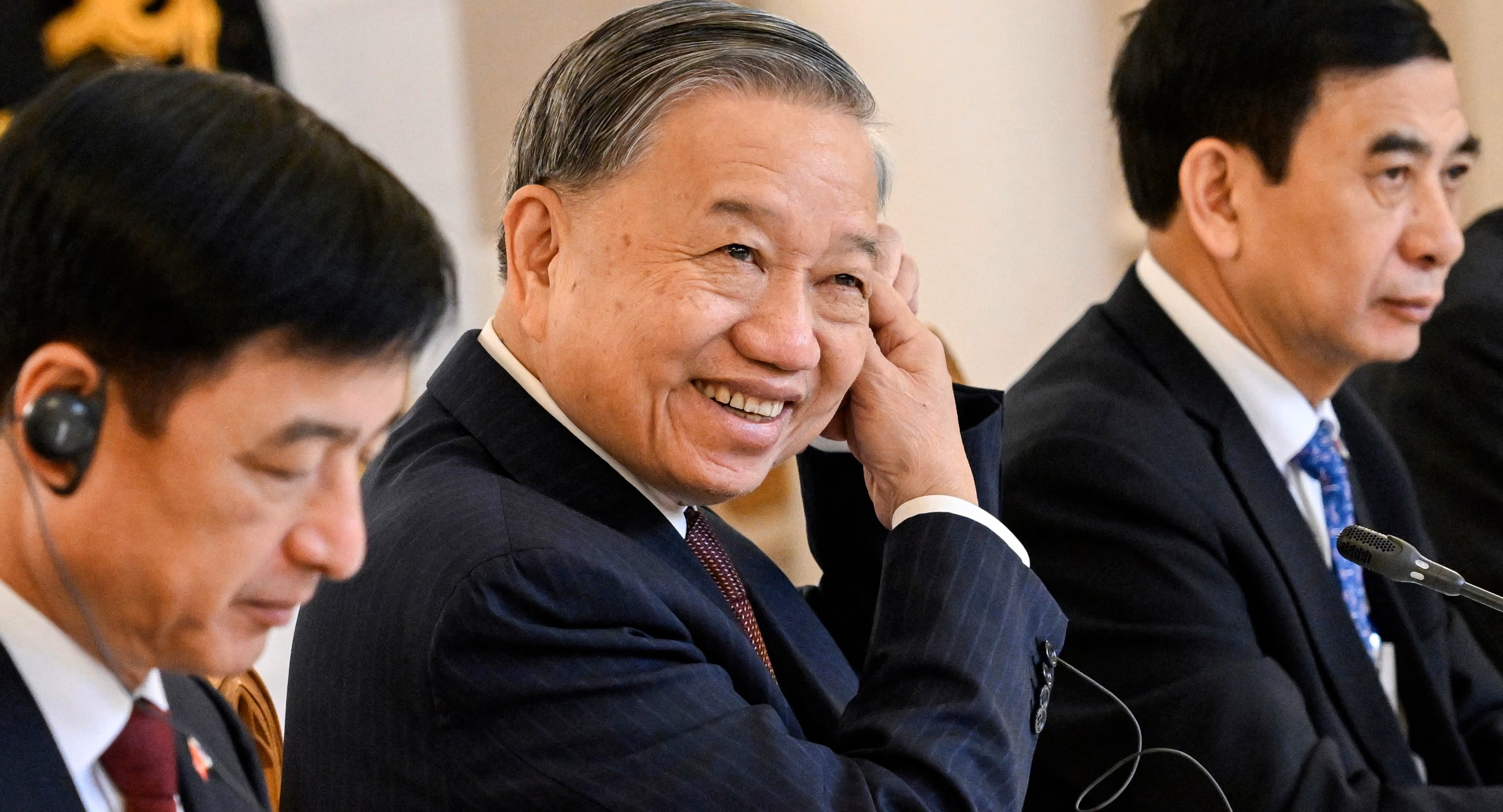
Vietnamese Authorities Block BBC Reporter’s Exit and Intensify Interrogation
October 29, 2025October 28, 2025 – Azerbaijan –
Exiled Azerbaijani journalist Parvana Gurbanli has delivered a stark warning about the state of media freedom in her home country, declaring that if she were still in Azerbaijan today, she would “probably be in prison.” Her remarks came in a recent in-depth interview with the European Center for Press and Media Freedom (ECPMF) and provide a rare, personal window into the mounting pressure on independent journalism under the rule of Ilham Aliyev.
Gurbanli recounts a police raid on her apartment after she published investigative reporting that exposed corruption and human-rights violations, an operation she describes as both punitive and deeply intimidating. She notes that the strategy of targeting journalists with criminal charges, such as currency smuggling, charged against dozens in recent years, has effectively throttled dissenting voices and forced many reporters underground or into exile.
She highlights that more than one colleague has been jailed on such charges, with trials that critics argue are politically motivated rather than genuinely criminal. Journalists covering independent media outlets have been prosecuted, while state-aligned press faces far fewer constraints, thereby skewing the information environment heavily in favor of government narratives.
For Gurbanli, exile has brought little relief from the fear that her work has put her on a permanent blacklist. She explains that her professional life now revolves around cultivating networks abroad, contributing to diaspora media, and advocating for her fellow journalists still in Azerbaijan. Yet by operating from abroad, she also bears the burden of witness to the crackdown—and she says she feels guilt over not being able to help colleagues who cannot leave.
Her testimony comes at a moment when international indices place Azerbaijan among the world’s worst offenders in press freedom and journalist safety. The ECPMF interview frames her story as a warning: the erosion of independent media not only silences reporters, but it also undermines the public’s right to know and the very foundations of accountability. Gurbanli’s message is both personal and universal—when the writer is silenced, the story ends, and with it the promise of transparency.
Reference –

